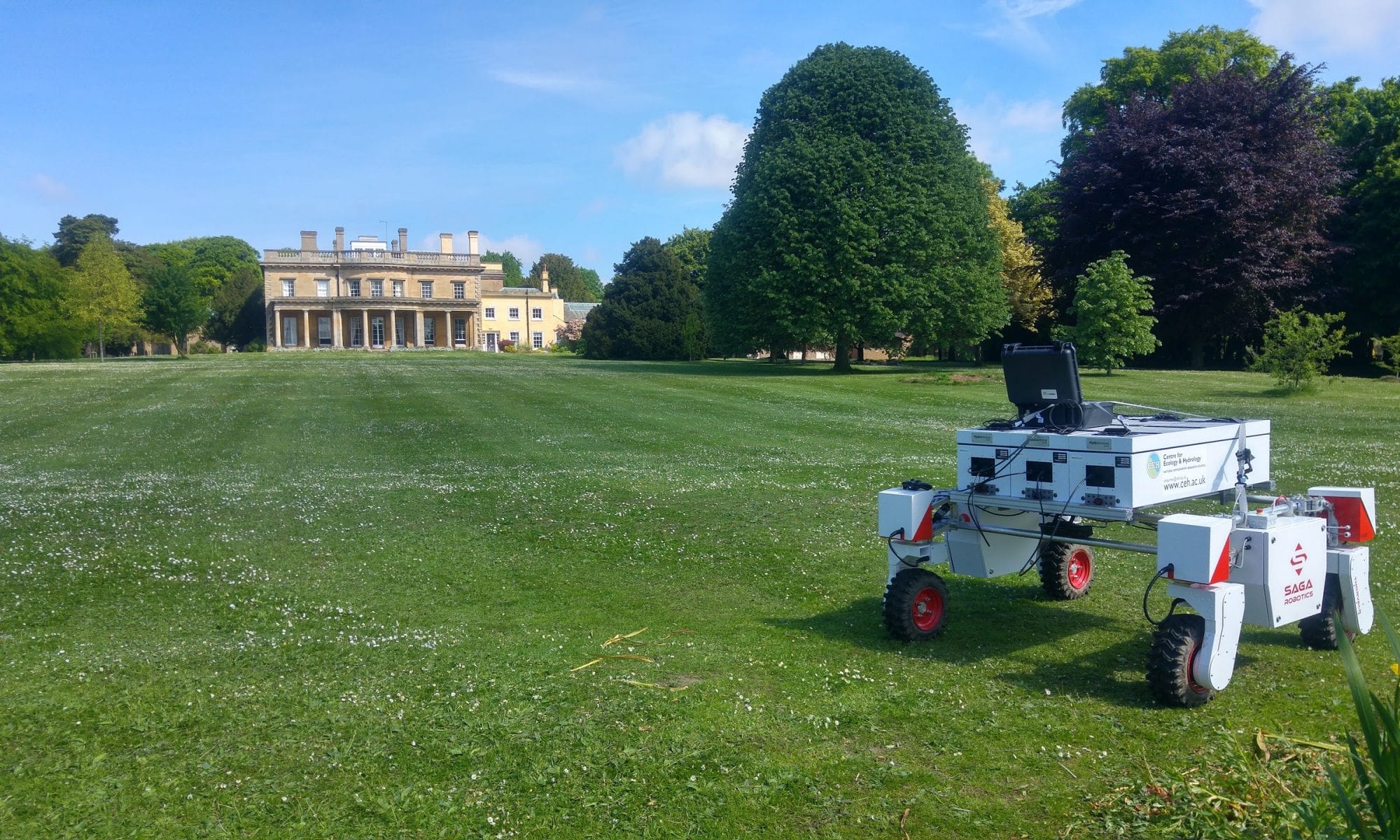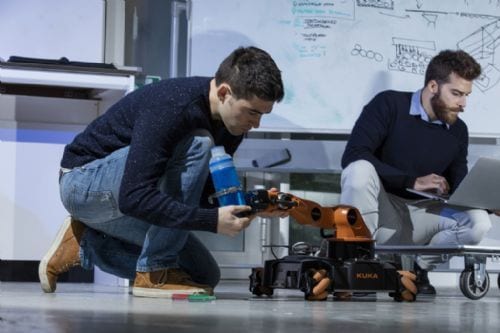A free-to-attend sci-fi extravaganza inviting young people to come face-to-face with cutting edge digital technologies returns to the University of Lincoln next month (7th November 2018) with the latest iteration of Future 2.0.
The one-day event, will take place on Wednesday 7th November 2018 at the University’s Engine Shed.
Influenced by the renowned space opera film franchise Star Wars, Future 2.0 will showcase innovative virtual reality and cutting-edge consumer technology advancements – with visitors able to meet the University’s expanding ensemble of new wave robots.
This year the event will welcome as special guest YouTube sensation and Lincoln alumnus Thomas Ridgewell, better known online as TomSka. Known for his comedy sketches, cartoons, and self-directed short films, he has accumulated a mass-following of over 5.3 million subscribers – with his videos achieving over 1.2 billion views.
Future 2.0 is aligned with the forward-thinking and pioneering academic research that is undertaken throughout the University across robotics, games-computing, media, art, and science with a range of activities for all ages spread across a number of interactive zones, including a return of the popular Robot Wars arena. There will also be the opportunity for visitors to transform into Jedi knights with stage combat workshops, learn more about the Universe in an interactive space dome and test their gaming prowess against cutting edge robots in our gaming zone.
Emma Jubbs, Assistant Director (Recruitment) at the University of Lincoln, said: “Technology is changing so much about how we interact with the world and each other. The jobs of tomorrow will look dramatically different to those of yesterday, and as a university preparing young people for a wide range of industries and professions, we’re keen to help people of all ages explore emerging technologies and ideas about the future in fun and interactive ways.
“Future 2.0 is a great opportunity for young people to take a look behind the scenes of science and technology research within the University, have fun with some of our sci-fi inspired exhibits and activities, and hopefully be inspired about the possibilities of digital technology.
“Few tech innovations have had more dramatic impact on our lives than the Internet so of course social media engagement is a big part of Future 2.0. We are delighted to be welcoming TomSka back to Lincoln to share the secrets of his YouTube success with our visitors through a series of talks and activities throughout the day.”



